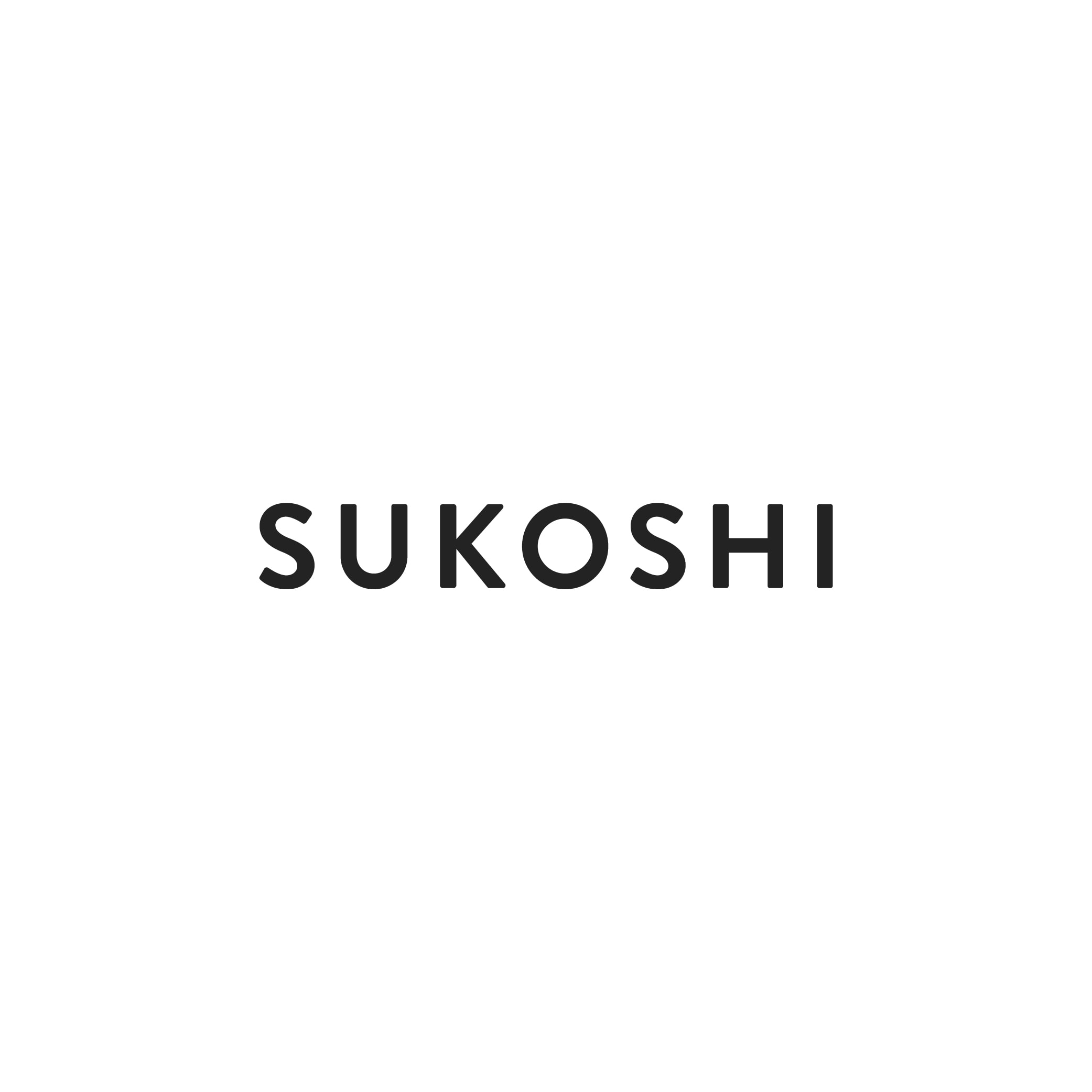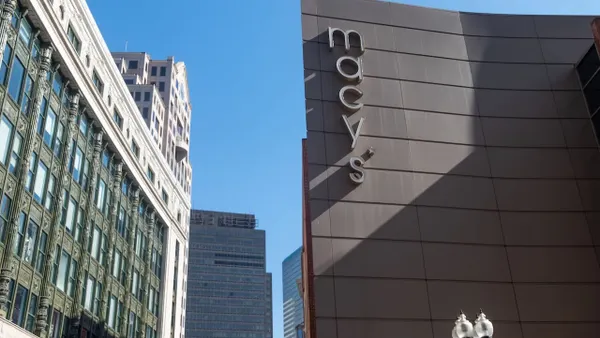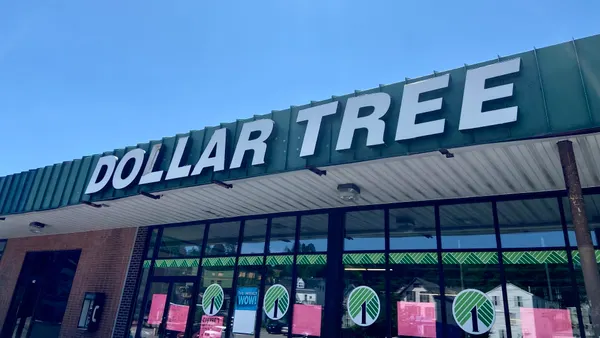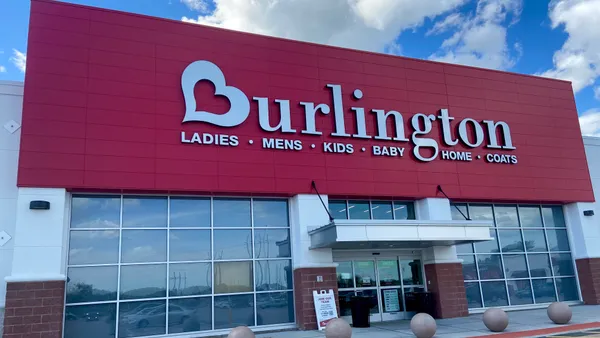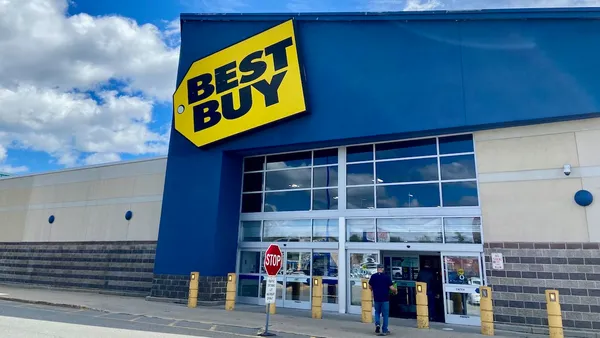Dive Brief:
- Target is "hitting its retail stride and important changes are being implemented from a position of strength," Cowen analysts said in a report on the company published Thursday.
- Under the leadership of CEO Brian Cornell, who has held the position since 2014, the mass merchant has "restored its brand prowess with customers following the missteps in Canada and credit card debacle several years back," per the report. That said, Target is facing increased pressure from the rise of Amazon, price investments from Walmart and strategic changes in food and other departments.
- Analysts are impressed by the company's strategies around using the store base to drive digital momentum, as well as its array of new fulfillment options like same-day shipping in urban markets, free two-day shipping on orders over $35, curbside drive up and buy online pickup in store. Just as important as its operational health is the value perception, which Cowen said, "remains in the early innings as [Target] works to sharpen both pricing and messaging."
Dive Insight:
As Target rounds a corner in its turnaround plan and continues to invest in technology and experience, Cornell's mantra has focused on making Target into "America's easiest place to shop."
Analysts like what they're hearing, and seeing, especially when it comes to innovation in product and real estate. This year, Target will accelerate the pace of store remodels from 110 stores last year to 325. New private label brand lines have exploded in the apparel, home decor and kids spaces, and partnerships with trendy brands like Casper, for mattresses, and Hunter, for footwear, have helped drive traffic and keep "the Target run" alive. With that in mind, Cornell told analyst Oliver Chen in a video interview taped in March that the company can't afford to take its eye off of household essentials that initiate a Target trip, but a focus in elevating apparel, home, baby and kids and beauty segments have helped boost additional, more spontaneous spending by shoppers.
"Going forward we're going to have to balance our focus on style and value," Cornell told Chen. "And it's the value side that drives trips to our stores. It's the essence of expect more, pay less."
In the report, analysts also highlighted the company's ambitious goal of scaling its newly acquired Shipt nationwide to the majority of stores and expanding drive up from 50 to 1,000 stores by the end of the year. These options, the analysts said, will reduce additional fixed costs and last-mile shipping expenses. Target isn't Shipt's only customer, though. The delivery startup also services big names like Kroger, Meijer, Publix, Harris Teeter and others. Cornell told Chen Target will continue to allow Shipt to be "a platform and marketplace for other retailers."
After suffering a string of quarterly declining comparable sales last year, Target is back — but that doesn't mean the company can kick its feet up. The report also noted that execution flaws and the exit of "certain key executives" may negatively affect performance and financial results. Competition in the consumer and fashion products as well as fluctuating consumer demands are also an ongoing challenge.
As the company continues to grow, Cornell is focused squarely on the blend between physical and digital, which he says will propel Target as a top powerhouse a decade from now. "I think [customers are] always going to value that personal touch and I think fulfillment and technology is going to make it really easy for the consumer," he said "I think it will be that blend of physical and digital, of experience and technology and I think the consumer is always going to be looking for that balance between quality and value."






